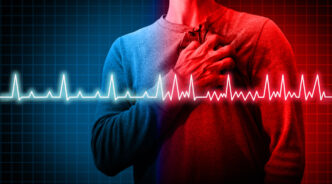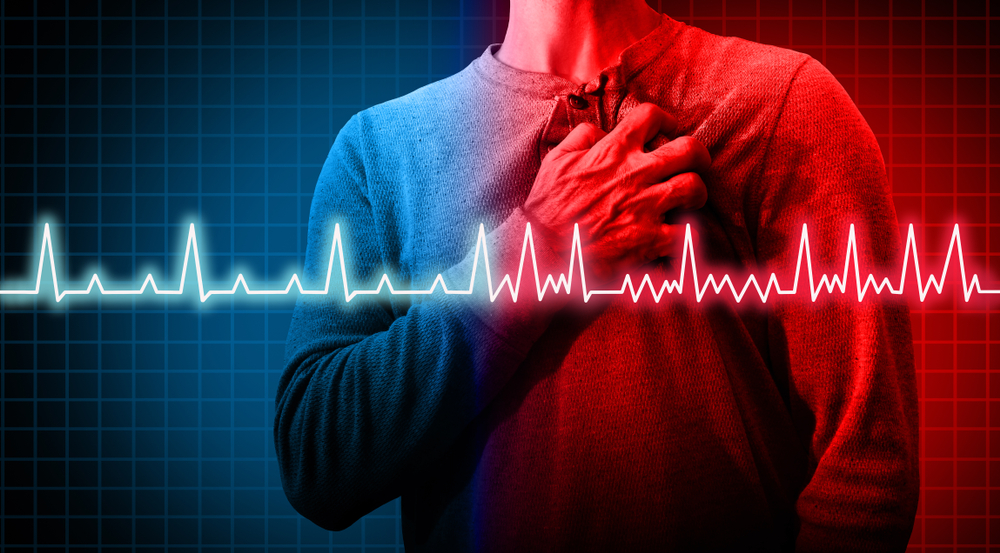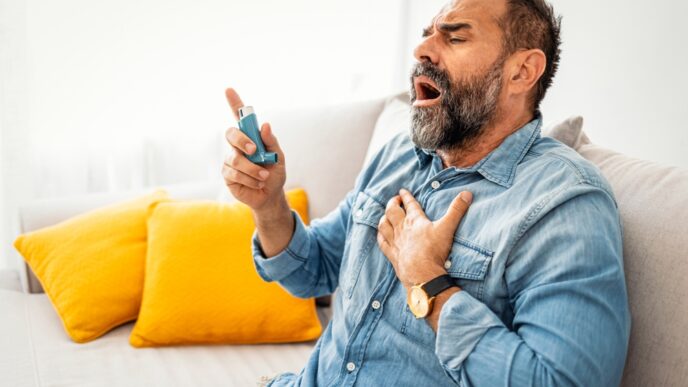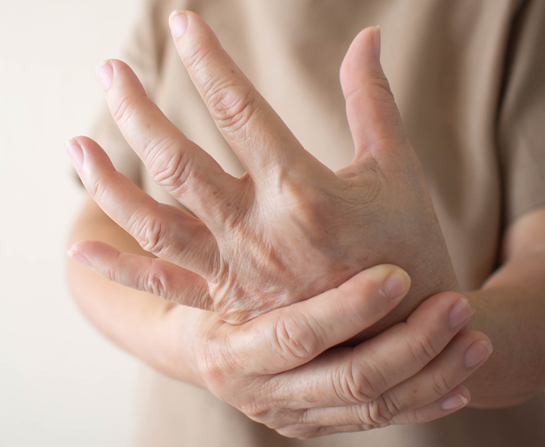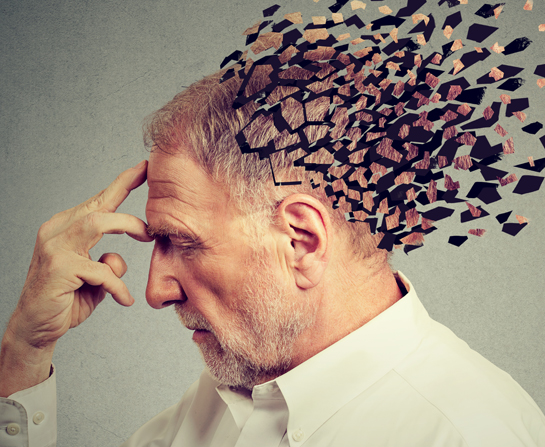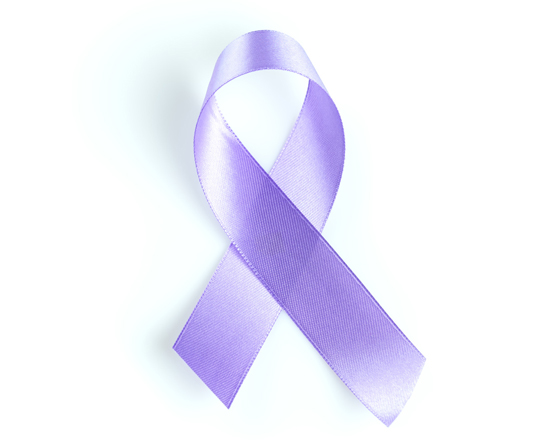On 26 December 2023, Luton Town defender Tom Lockyer suffered a cardiac arrest during a Premier League match against Bournemouth. The game was abandoned after Lockyer collapsed on the pitch in the 59th minute. Fortunately, the quick action from medical staff, using a defibrillator, saved Lockyer’s life. He was subsequently hospitalized and underwent a procedure to fit an implantable cardioverter defibrillator or ICD.
WORDS LIM TECK CHOON
 FEATURED EXPERT FEATURED EXPERTDR TEE CHEE HIAN Consultant Cardiologist Sunway Medical Centre Velocity |
The situation described above was Lockyer’s second collapse in 2023, following a similar incident during the Championship play-off final in May. His case highlighted the importance of immediate medical response and the potential risks faced even by seemingly fit professional athletes.
HOW THE HEART CAN EXPERIENCE SUDDEN CARDIAC ARREST
Dr Tee Chee Hian explains that sudden cardiac arrest, often abbreviated as SCA, is one of the complications caused by arrhythmia.
| Cardiac arrest is a term to describe a dangerous moment when the heart suddenly stops beating properly (or at all), usually due to a dangerous rhythm. Blood stops flowing to the brain and body. The person collapses, stops breathing, and dies within minutes without immediate help. |
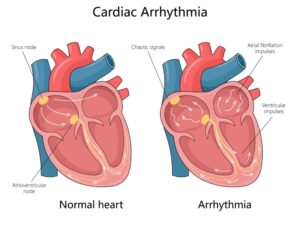
“Arrhythmia is characterized by abnormal heart rhythms, which can disrupt the heart’s coordinated contraction and relaxation potentially leading to serious complications,” Dr Tee adds.
Ventricular Fibrillation
This is one of the more dangerous types of arrhythmias.
It can cause SCA after causing severe damage to the heart and other organs.
What happens is that:
- The heart twitches and quiver from abnormal rhythm instead of expanding and squeezing.
- There is a decline in blood pumped out from the heart.
- As a result, there is insufficient blood flow (haemodynamic instability).
- Reduced oxygen flow to tissues and organs lead to damage, including the heart, and the failure of these issues and organs.
- SCA can result when the heart is damaged to a severe degree.
IF YOU LEAD AN ACTIVE LIFESTYLE, ARE YOU AT RISK?
Dr Tee endorses resolutions to lead a more active lifestyle. However, he also advises caution.
“Excessive or intense exercise, especially for those unaccustomed or with pre-existing heart conditions, can increase the risk of arrhythmias and, in severe cases, SCA,” he states.
Subtle Signs That You May Be Pushing Yourself Too Hard While Working Out
- Persistent fatigue
- Frequent illnesses
- Changes in sleep patterns
- Performance at work or school plateau or decline
- Mood disturbances
- Menstrual irregularities
- Changes in heart rate
Dr Tee’s Advice on How to Exercise Safely
- Start gradually.
- Choose low-impact activities.
- Be alert for symptoms like chest pain, shortness of breath, or palpitations.
- Ensure sufficient recovery.
- Get also adequate rest and proper nutrition for a holistic approach to health.
Dr Tee also recommends the use of smart watches, apps, or Holter monitor for people that wish to monitor their heart rate before and after exercise. Doing so can be useful in detecting potential issues early.
| This article is part of our series on the health issues affecting the heart. |

